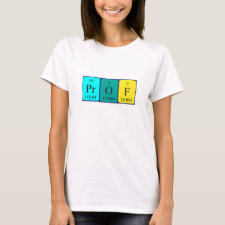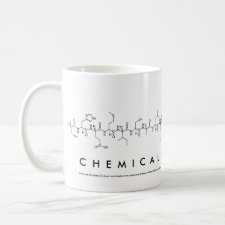
Authors: Zhao KY, Lin BB, Cui WK, Feng LZ, Chen T, Wei JF
Article Title: Preparation and adsorption of bovine serum albumin-imprinted polyacrylamide hydrogel membrane grafted on non-woven polypropylene.
Publication date: 2014
Journal: Talanta
Volume: 121
Page numbers: 256-262.
DOI: 10.1016/j.talanta.2014.01.010
Alternative URL: http://www.sciencedirect.com/science/article/pii/S0039914014000125
Abstract: Bovine serum albumin (BSA) imprinted polypropylene (PP) fiber-grafted polyacrylamide (PAM) hydrogel membrane (PP-g-PAM MIP) was prepared using non-woven PP fiber as matrix, BSA as template molecule, and acrylamide (AM) as functional monomer via UV radiation-reduced polymerization in an aqueous phase. SEM, FT-IR, DSC and TG were used to characterize the PP grafted PAM hydrogel. Influence factors on the adsorption capacity of PP-g-PAM MIP were investigated, such as monomer concentration, cross-linker concentration, template molecule amount and pH values in BSA solution. The adsorption and recognition properties of PP-g-PAM MIP were evaluated and the results showed that the PP-g-PAM MIP exhibited an obvious improvement in terms of adsorption capacity for BSA as compared with non-imprinted ones. PP-g-PAM MIPs could recognize the template protein using Lys, Ova, BHb, and Glo as control proteins, and the selectivity factor (β) was above 2.0. The imprinting efficiency of PP-g-PAM MIP tended to be stable after three cycles and maintained 76% of the initial value of the imprinting efficiency even after five repetitions, which was more excellent than that of PAM microsphere. The PP-g-PAM MIP is low cost and easy to be prepared, which would show its potential applications in the fields of extracting and testing required proteins from cells or particulate samples
Template and target information: ptotein, bovine serum albumin, BSA
Author keywords: protein molecular imprinting, Polypropylene non-woven, grafting, Polyacrylamide hydrogel, membrane, adsorption



Join the Society for Molecular Imprinting

New items RSS feed
Sign-up for e-mail updates:
Choose between receiving an occasional newsletter or more frequent e-mail alerts.
Click here to go to the sign-up page.
Is your name elemental or peptidic? Enter your name and find out by clicking either of the buttons below!
Other products you may like:
 MIPdatabase
MIPdatabase









